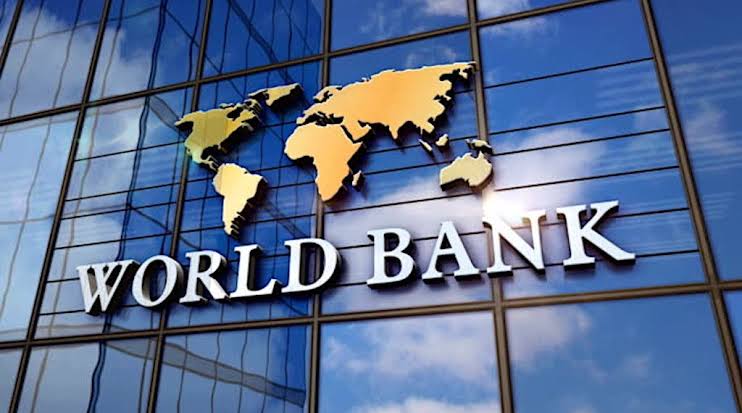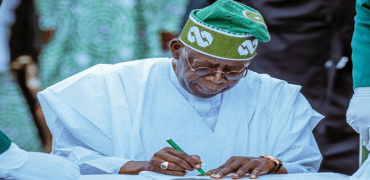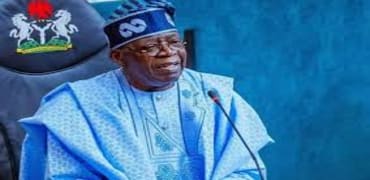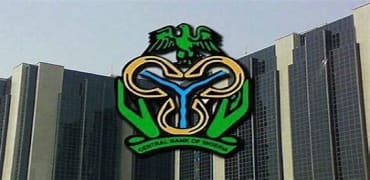Nigeria Ranks 3rd Among World's Most Indepted Nations: World Bank Report Unveils 2024 Top 10
Nigeria Ranks 3rd Among World’s Most Indebted Nations: World Bank Report Unveils 2024 Top 10
By Achimi Muktar
Nigeria’s debt profile has hit a staggering $17.1 billion with the International Development Association (IDA), earning the country the third spot on the World Bank’s newly released list of the top 10 most indebted nations in 2024. This marks a significant jump in debt exposure for the West African nation and underscores the financial challenges it faces.
Nigeria Tops African Nations in IDA Debt
The report highlights a 14.4% increase in Nigeria’s debt compared to the $14.3 billion recorded in June 2023. Between July 2023 and June 2024, the country borrowed an additional $2.2 billion from the IDA, further solidifying its position as one of the top three IDA debtors globally.
This development represents Nigeria’s steady climb on the IDA creditor list, where it surpassed its 2023 fourth-place ranking to reach third. Under President Bola Tinubu’s administration, Nigeria secured $2.8 billion in loans from the IDA within a single fiscal year.
Global Context: Bangladesh and India Lead the List
Nigeria ranks behind Bangladesh and India, whose debt to the IDA stands at $21 billion and $18.5 billion, respectively. Following Nigeria are countries like Ethiopia, with $13.1 billion, Kenya at $12.4 billion, and Tanzania and Vietnam, each with $12.2 billion.
What This Means for Nigeria
The report shines a spotlight on Nigeria’s reliance on international credit to finance its economic and developmental programs. While IDA loans are typically provided at concessional terms to low and middle-income countries, the increasing debt raises concerns about the long-term sustainability of Nigeria’s fiscal policies.
Implications for Africa
Nigeria’s position as the top African debtor underscores its role as a major player on the continent but also reveals the financial struggles it faces in addressing its developmental challenges. With growing debt levels, questions arise about how effectively the funds are being utilized to tackle critical issues like infrastructure, healthcare, and education.
Public Reaction and Economic Outlook
As news of Nigeria’s debt ranking circulates, debates on social media and among economic analysts have intensified. While some argue that borrowing is necessary for growth, others warn of the potential debt trap the country might face if borrowing continues at this pace without robust repayment plans or significant economic diversification.
A Call for Transparency
As Nigeria grapples with its ballooning debt, many are urging the government to ensure transparency in the use of borrowed funds. The focus, critics say, should be on investments that yield long-term benefits for the nation and its citizens.
With $17.1 billion owed and a growing dependence on external credit, the question remains: can Nigeria leverage these loans to achieve the sustainable development it desperately needs?






















